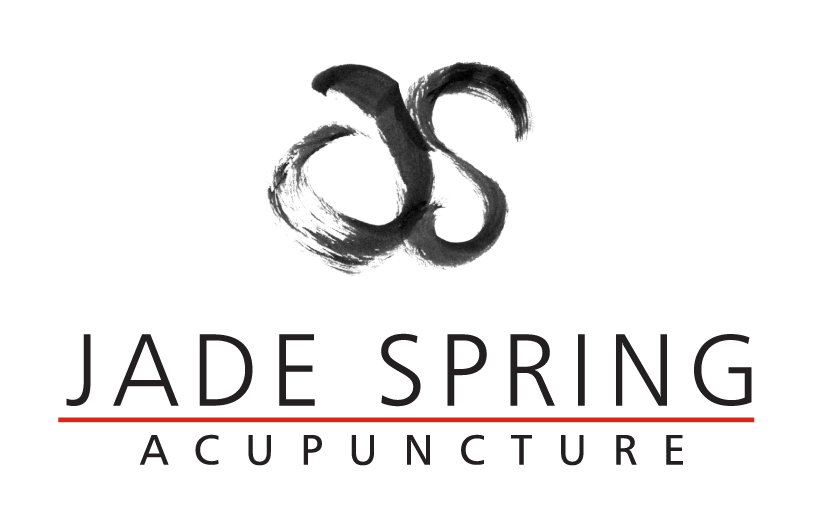Birth & early childhood key to establishing healthy gut bacteria
This post, based on the New York Times article, Some of my Best Friends are Germs by Michael Pollan, is the third in a series of posts about the ‘good’ germs that reside in our guts and that are essential to our digestive, as well as, overall health.
Part I: Spending time outdoors, with animals and community supports healthy gut microbes
Part II: Populating our gut with healthy microbes by consuming whole foods
Part III: The role of natural childbirth and breast-feeding in establishing healthy gut bacteria
PART III: Birth & early childhood key to establishing healthy gut bacteria
I was fascinated to learn how much the early days of our life shape our digestive health. The findings that author Michael Pollan reported on, provide impelling evidence as to why natural childbirth and breastfeeding are preferable whenever possible.
Childbirth: Before our birth our gut environment is fairly sterile with no microbes of our own. In utero our digestion is run by the body we are growing in and so we do not need a gut that is well populated with lots of diverse microbes. So how do we acquire our own gut microbes? I’ll quote Michael Pollan for the answer:
Most of the microbes that make up a baby’s gut community are acquired during birth — a microbially rich and messy process that exposes the baby to a whole suite of maternal microbes. Babies born by Caesarean, however, a comparatively sterile procedure, do not acquire their mother’s vaginal and intestinal microbes at birth. Their initial gut communities more closely resemble that of their mother’s (and father’s) skin, which is less than ideal and may account for higher rates of allergy, asthma and autoimmune problems in C-section babies: not having been seeded with the optimal assortment of microbes at birth, their immune systems may fail to develop properly.
Breastfeeding: The next step in the process in populating our guts with good germs is when we begin breastfeeding. Breast milk is a probiotic in that it carries a population of beneficial germs into the babies gut. What I found even more astounding, is that it is also a ‘pre-biotic’ in that it contains oligosaccharides that cannot be digested by the baby but that are present in the milk for the purpose of feeding certain gut microbes.
For years, nutrition scientists were confounded by the presence in human breast milk of certain complex carbohydrates, called oligosaccharides, which the human infant lacks the enzymes necessary to digest. …It turns out the oligosaccharides are there to nourish not the baby but one particular gut bacterium called Bifidobacterium infantis, which is uniquely well-suited to break down and make use of the specific oligosaccharides present in mother’s milk. When all goes well, the bifidobacteria proliferate and dominate, helping to keep the infant healthy by crowding out less savory microbial characters before they can become established and, perhaps most important, by nurturing the integrity of the epithelium — the lining of the intestines, which plays a critical role in protecting us from infection and inflammation. (Michael Pollan)
Babies who are fed formula don’t receive the benefit of the probiotic and pre-biotic qualities of breast milk and so the diversity of their gut community is reduced.
Antibiotics: The other difficulty we frequently encounter early in life is that we are more susceptible to infections and colds because our immune system isn’t that strong yet. Unfortunately, many doctors are quick to prescribe frequent rounds of antibiotics which are damaging to our intestinal flora. The average American will have had over 20 round of antibiotics by the time they are 18 years old, and each round kills off some of those ‘good germs’ we rely on.
While we don't have control over how we come into this world and what the first few years of our life look like, we do know that we can influence the diversity of our gut genome mainly through our diet. I refer you to Part I and Part II of this series for those suggestions if you missed them before.
Also, if you already suffer from the chronic conditions that are associated with a deficient gut community, such as asthma, allergies, obesity, diabetes and cardiovascular disease, then acupuncture and Chinese herbal medicine can be a powerful tool to address and heal those issues.
May you have a healthy happy gut teeming with germs.
Part I: Spending time outdoors, with animals and community supports healthy gut microbes
Part II: Populating our gut with healthy microbes by consuming whole foods
Part III: The role of natural childbirth and breast-feeding in establishing healthy gut bacteria



